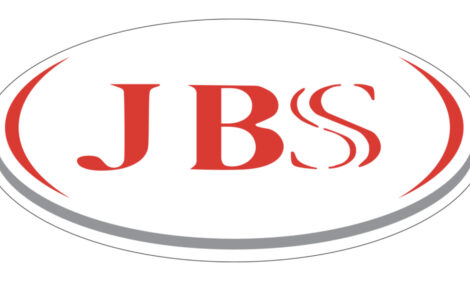



Egg Industry Sued by Welfare Group
US - The Humane Society of the United States (HSUS) has filed a lawsuit in the District of Columbia against the United Egg Producers, the nation's largest egg industry trade association, and two major egg companies. HSUS alleges they engaged in false and deceptive advertising to mislead consumers about the conditions on factory farms.In a press release, HSUS says the lawsuit alleges that advertising by UEP and two of the nation's largest egg producers, MoArk, LLC, and R.W. Sauder, Inc., is duping consumers who care about animal welfare into buying eggs bearing the 'United Egg Producers Certified' logo. While UEP misleadingly touts that its certification program is an 'animal welfare' program, it permits factory farmers to confine hens in restrictive, barren cages in which they can’t perform many of their natural behaviors, including perching, nesting, foraging or even spreading their wings.
"The egg factory farms know consumers don't want hens confined in tiny cages where they can barely move for their entire lives, but rather than changing their ways, they've just changed their ad campaigns," said Jonathan Lovvorn, vice president and chief counsel of Animal Protection Litigation at The HSUS. "This industry is telling consumers what they want to hear, but behind the scenes, millions of birds are suffering some of the worst factory farm abuses imaginable."
UEP has a history of deceiving consumers about animal welfare. In 2003, the Better Business Bureau ruled that UEP's advertising related to animal welfare was misleading, and in 2006, UEP paid $100,000 to settle false advertising claims by attorneys general of 16 states and the District of Columbia.
The lawsuit — filed under the D.C. Consumer Protection Procedures Act — alleges that egg producers MoArk and R.W. Sauder are also deceiving consumers with false claims about animal welfare. MoArk misleadingly claims that its hens have 'a high quality of life', even though it paid $100,000 to settle criminal animal cruelty charges in Missouri for using a conveyor belt to dispose of live birds in a dumpster. MoArk is currently facing multiple class action lawsuits and a Department of Justice probe for an anticompetitive price-fixing scheme that has gouged consumers and caused egg prices to skyrocket.
Although UEP, MoArk and R.W. Sauder tell consumers they care about animal welfare, they have collectively donated more than a million dollars to the political campaign to defeat Proposition 2, a measure on California's November 4 ballot that would provide more humane treatment of farm animals. Prop. 2 will prohibit the most abusive factory farming practices in California, and ensure modest welfare standards for veal calves, breeding pigs and egg-laying hens by allowing the animals simply to turn around and stretch their limbs.
Fact Checking the Egg Industry's Web Sites
Claim: The hens have plenty of space for comfortable movement and easy access to food and water.
Fact: Each hen may be provided less space than a single sheet of letter-sized paper for her entire life, which is not even enough space to fully spread her wings.
Claim: UEP Certified guidelines ensure that modern cage production systems are both humane and ethical.
Fact: The hens may be kept in cages that prevent them from performing basic, natural behaviors, such as laying their eggs in nests, exercising, foraging, perching and dustbathing to keep clean.
Claim: When you pick up an egg carton that has the 'United Egg Producers Certified' seal, you can rest assured that those eggs were produced in compliance with United Egg Producers' Animal Husbandry Guidelines.
Fact: The program does not guarantee that producers follow the guidelines at all times. Producers are only audited once a year at a pre-scheduled inspection. Failing to meet many of the program's meager guidelines will result in only a small point deduction, so the producer can still receive a passing score.
Thus concludes the HSUS press release.
United Egg Producers has yet to comment on these latest allegations.








